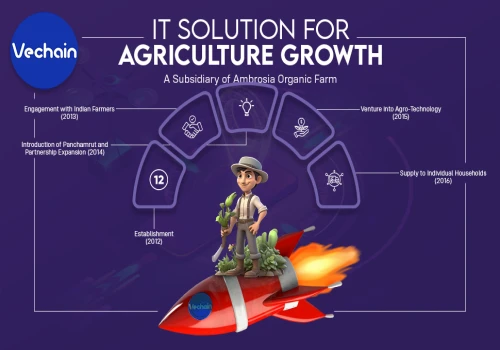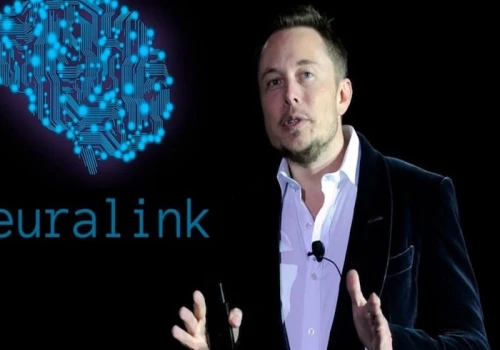_2100_x_1470.webp)
In recent years, there has been a widespread global surge in the development and adoption of Artificial Intelligence (AI). Projections indicate that AI could contribute USD 957 billion, equivalent to 15 percent of India's current gross value added, to the economy by 2035. The AI software market is expected to witness significant growth, reaching USD 126 billion by 2025, a substantial increase from the USD 10.1 billion recorded in 2018. AI is increasingly being applied across various private and public domains, and it is anticipated that its utilization will become deeply ingrained and integrated into society.
The Approach Document characterizes "Artificial Intelligence" as a collection of technologies that empower machines to exhibit heightened intelligence, mimicking human abilities to perceive, comprehend, and take action. Through computer vision and audio processing, machines actively observe and understand the surrounding environment by acquiring and processing images, sound, and speech. Natural language processing and inference engines facilitate the analysis and comprehension of information collected by AI systems. Furthermore, AI systems can make decisions through inference engines and execute actions in the physical world. These capabilities are enhanced by the capacity to learn from experience and continually adapt over time.
The incorporation of AI into technology and society presents distinctive challenges. Moreover, as AI advances in sophistication and autonomy, issues related to accountability, bias, and societal well-being may emerge. The regulatory efforts by the EU and the executive order from the Biden administration serve as valuable initial steps in determining the most effective ways to regulate AI technology.
The European Union achieved a broad political consensus on a new law regulating the utilization of Artificial Intelligence (AI) technologies. While the final text of the law is yet to be disclosed and requires approval from the European Parliament, the overall approach has been to establish substantial safeguards to prevent AI abuse, while maintaining flexibility to encourage innovation. This is particularly crucial in a global landscape where European tech companies are set to compete with counterparts from regions with less stringent regulations on AI. The EU's endeavors are part of a worldwide race to establish regulatory frameworks, notably following the surge in generative AI products last year. On October 30, the U.S. government issued a comprehensive executive order, outlining its foundational principles for promoting the "safe, secure, and trustworthy development and use of AI."
Dragos Tudorache, the co-rapporteur from Renew (Romania), remarked, "The EU takes the lead globally by implementing robust regulations on AI, steering its development towards a human-centric direction. The AI Act establishes guidelines for large, influential AI models, ensuring they don't pose systemic risks to the Union. It provides robust safeguards for our citizens and democracies, guarding against any misuse of technology by public authorities. The legislation also safeguards our SMEs, reinforces our capacity for innovation and leadership in the AI field, and protects vulnerable sectors of our economy. The European Union, known for its significant global contributions, has now added another impactful measure through the AI Act, shaping our digital future."
The urgency to regulate AI encompasses both its development and utilization. Although the details of the EU law remain undisclosed, there is apprehension that it may not adequately address certain high-risk applications, such as emotion recognition and unbridled predictive policing. Nevertheless, the legislation does prohibit systems capable of categorizing biometrics, a capability that could lead to profound population-level profiling implications.
Current human rights frameworks face challenges in adapting to the evolving understanding of AI and the potential recognition of AI freedom and personhood. The concept of AI personhood and the extent to which legal rights and protections should be afforded to AI systems lack consensus. Efforts to conceptualize this concept often grapple with anthropocentrism (Calverley, 2006; Novelli et al., 2022). Nonetheless, alternative approaches, such as corporate entity models supplemented with additional rights, have been proposed (Laukyte, 2019). Bestowing legal rights and protections on AI systems within the framework of human rights will inevitably give rise to moral and ethical questions regarding the relative importance of human and AI interests.
A crucial aspect of any effective AI regulatory framework is recognizing the limitations of human comprehension concerning AI and acknowledging the potential existence of conscious AI systems. These systems may exhibit human-like qualities (Bostrom, 2014, p. 107) or even surpass the capabilities of human beings.
In conclusion, the global surge in Artificial Intelligence (AI) development and adoption is transforming various aspects of society and the economy. With the potential to contribute significantly to India's economy and the AI software market projected to reach substantial figures, the integration of AI into everyday life is inevitable. However, this rapid advancement in AI technology brings forth a set of challenges, including concerns related to accountability, bias, and societal well-being.
As the AI landscape continues to evolve, the need for comprehensive and adaptive regulatory frameworks becomes increasingly apparent. Striking the right balance between fostering innovation and mitigating risks will be pivotal in shaping a future where AI seamlessly integrates into society while respecting human values and ethical considerations.












